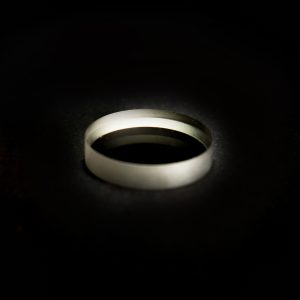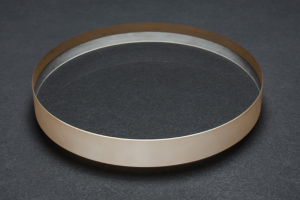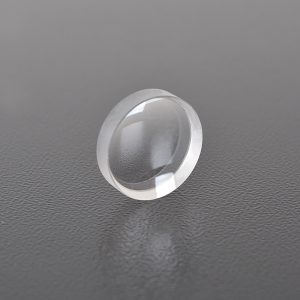
Off-Axis Parabolic Mirror Selection Guide
Introduction of Off-Axis Parabolic Mirrors
Parabolic mirrors have the ability to focus collimated light without introducing spherical aberration. An off-axis parabolic mirror (OAP) is simply a side view of a parent parabolic mirror (see Figure 1). Collimated light incident on an OAP mirror is focused to a single point. However, unlike a centered parabolic mirror, an off-axis parabolic mirror has the advantage of allowing more interactive space around the focal point without disrupting the beam, as shown in Figure 2.
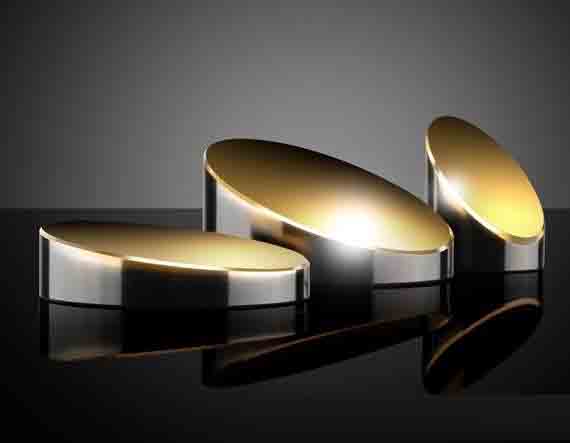
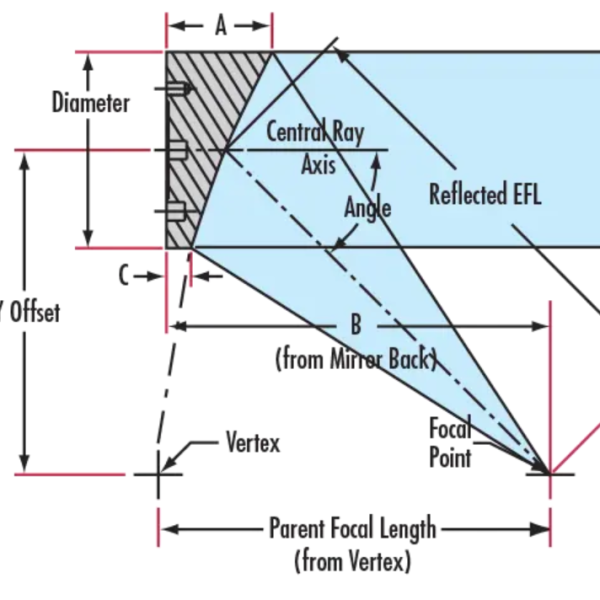
Depending on which part of the parabola shape is replicated by the OAP mirror, the angle between the focus and the central ray axis can be large or small. Figure 3 shows this phenomenon by modeling a 15° and a 45° off-axis mirror. Please note: It is important to keep the incident beam parallel to the optical axis, and any angular displacement will produce coma aberration.
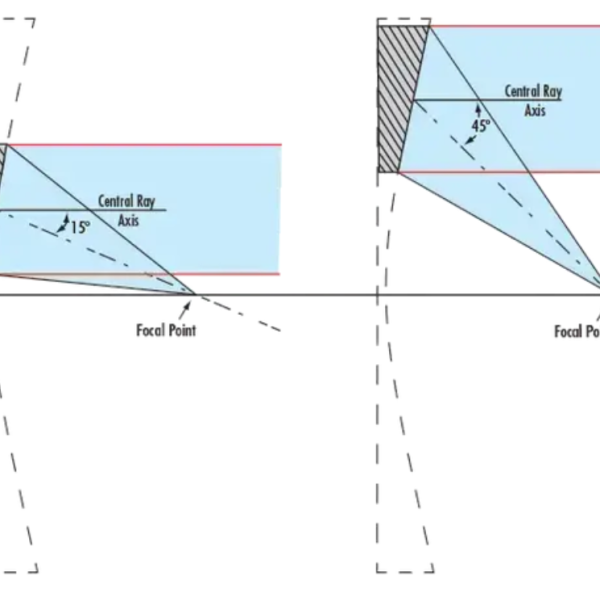
OAP Mirror Coatings
Off-axis parabolic mirrors are available in a variety of coating options, with standard products in stock for immediate shipment (Figure 4). We also accept fully custom designs and manufacturing.
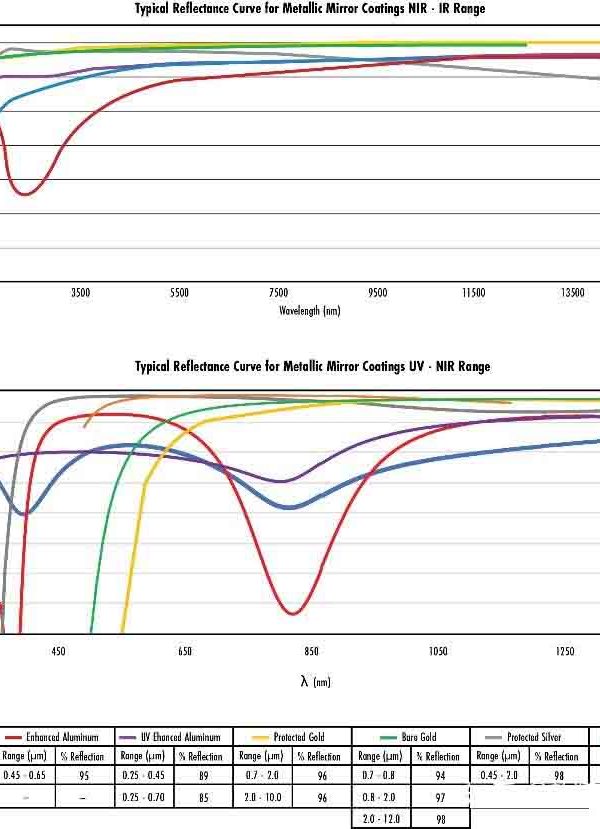
Effect of Surface Roughness on Performance
Surface roughness describes the high spatial frequency errors of an optical surface. It affects how much light is unintentionally scattered off the surface in different directions (Figure 5). This deviation from the ideal surface shape is usually measured in Angstroms, with OAPs having a <50Å or <100Å RMS surface roughness.
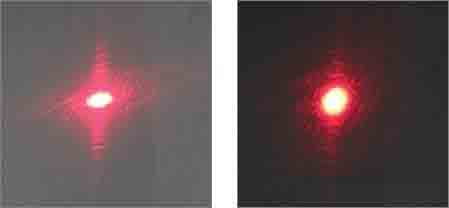
OAP Mirror Selection Guide
The selection guide below details the various OAP reflector options available.
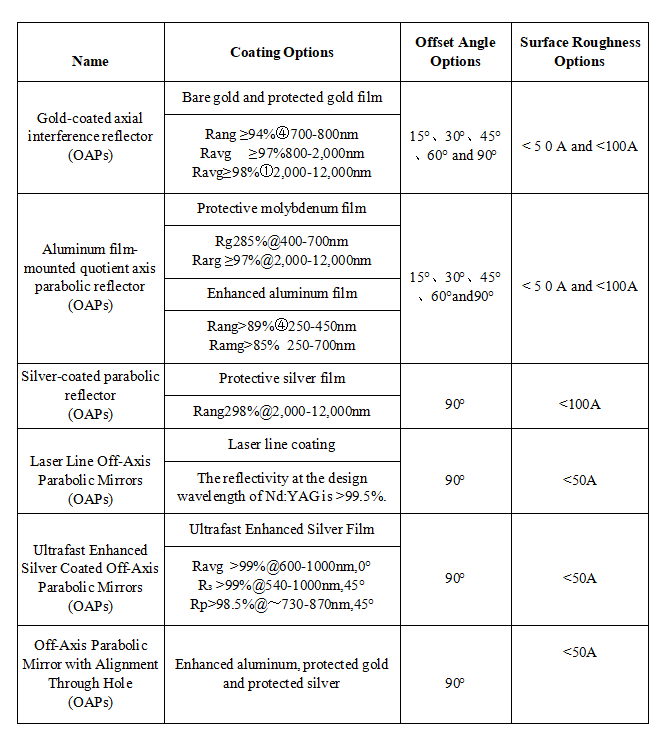
If you need any help, please contact www.borisuns.com www.borisun.com
Hanzhong Brisun Optics Co., Ltd. Is the high precision optical element manufacturer provides customized production of Various optical lenses, including spherical lens, cylindrical lens, optical window, mirror, prism, filter, metal base mirror and other high-precision optical elements. The base materials include various optical glass, fused quartz, calcium fluoride (CaF2), zinc selenide (ZnSe), germanium (GE), silicon (SI), sapphire, metal and other materials. And provide antireflective film, high reflection film, spectroscopic film, metal film and other optical coatings.
Welcome to OEM and Purchasing!

